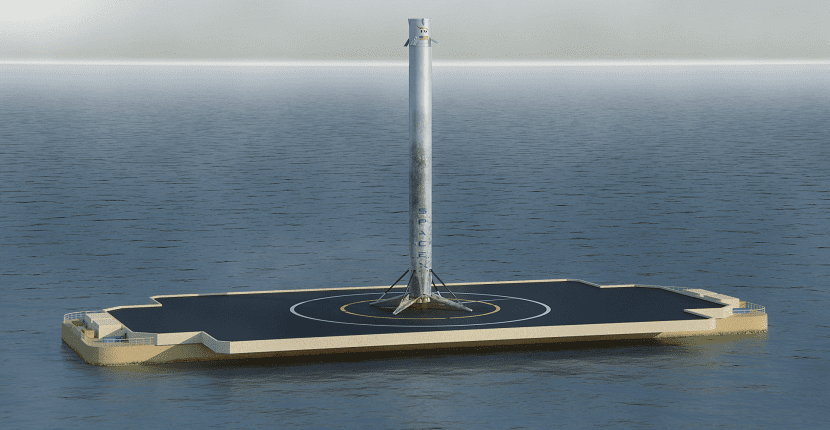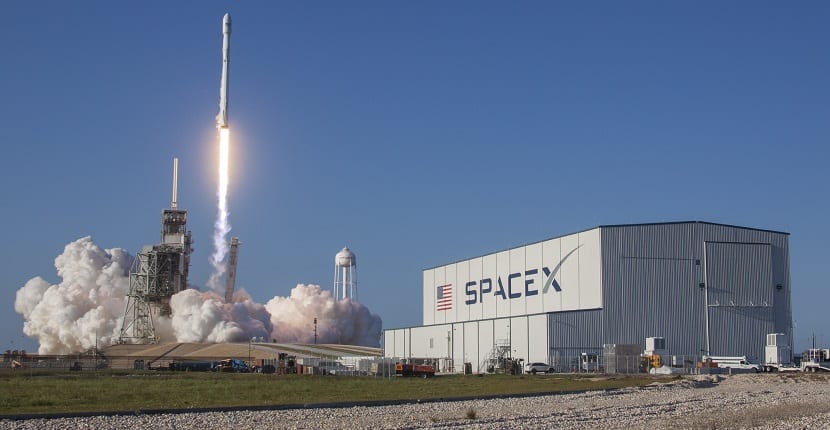
At this point we are sure that we all know the adventures, and especially misadventures until the engineers managed to fine-tune their operation, of a rocket like the Falcon9, a development that has served to consecrate in the space race for the first time a private company such as SpaceX.
Due precisely to the great options that a rocket like the Falcon9 allows, especially if we consider something as simple as that it is reusable, something that in the end translates into launches and shipments of satellites and merchandise in a much cheaper way for all parties, it is not surprising that since NASA have finally decided to make public that they will begin to use it in their next missions.

NASA will use a Falcon9 that has already been in space for the first time
As explained in the press release published by the US space agency itself, we are facing what will be the the first time this government body decides to use a reusable rocket for one of its missions. At this point, it should be noted that it is not the first time that NASA and SpaceX have worked together, but it is the first time that they use a reused rocket for a mission.
Trying to explain this a little better, I would like us to move to last June, a date when, if we look at the launches made by SpaceX, we find one in particular where a completely new Falcon9 was used to send all kinds of material and supplies to the International Space Station. In December there will be another launch and, this time, the same Falcon9 used in June will be used.
As has been reported from the own NASA:
At NASA we have approved, after a wide range of evaluations and inspections carried out on the data provided by SpaceX regarding the use of a Falcon9 unit, to use this same unit in a future mission.

This Falcon9 will be used to resupply the International Space Station
Although this decision by NASA may seem obvious, the truth is that there is much more money at stake than we can imagine since for one of these refueling missions of the International Space Station is carried out, many months must be spent in the development of all the expensive systems that will be sent for different investigations or the collection of food and other items that astronauts need to survive in space. It is to understand that, if something bad happened to the propulsion system, it would be very difficult to send another rocket to the station in the short term.
The truth is that we are facing a historical milestone, especially for the company led by Elon Musk since this could be the one that finally pave the way for NASA to start relying on reusable rockets from SpaceX. Even so, as has been revealed, apparently NASA will consider using this type of rockets in the future, as long as everything goes well, in each of the missions to be carried out soon.

NASA's support for this type of rockets will make the market much more competitive with the arrival of new companies
To get NASA to finally decide to use a Falcon9 already used in a previous mission, SpaceX has had not only that significantly improve the performance of your systems, but also get several of their rockets to have been launched into space, on different missions, on up to three occasions, in which they finally proved capable of putting a satellite in orbit and returning to Earth successfully.
In this way, SpaceX adds to its list of organisms that allow the use of rockets with more than one use to NASA, a list in which we find other multinationals such as Iridium or Spacecom. On the other hand, this milestone will surely encourage other types of companies in which a market like this one, where rockets can be reused, is possible, so they will invest in the development of their own units, achieving that the market is much more competitive.